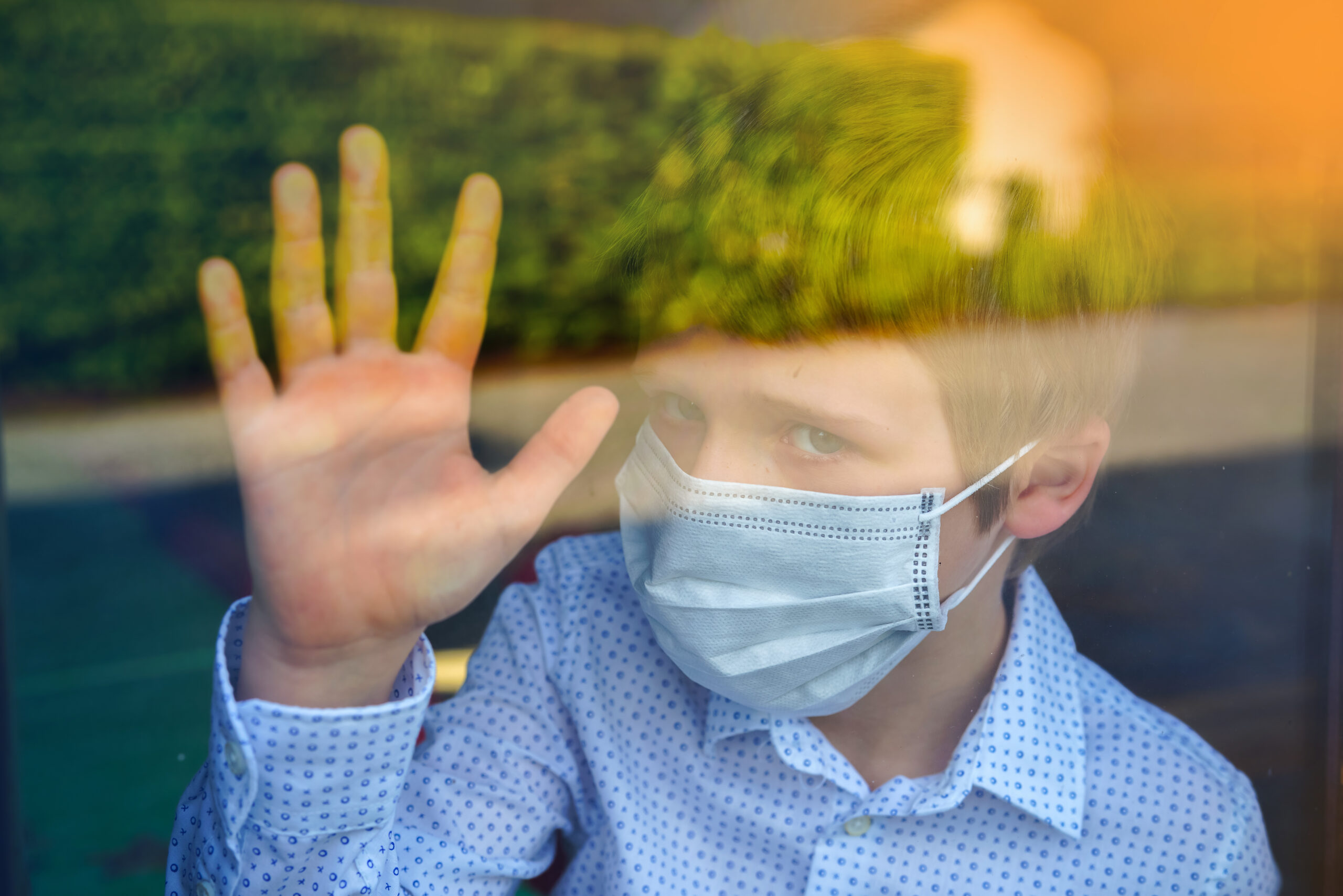Study Reveals Extent Of Lockdown’s Impact On Kids

In the more than three years since COVID-19 began sparking widespread lockdowns and school closures, there has been ample evidence that children have suffered a range of physical, emotional, and educational setbacks.
A nationwide U.S. study earlier this year determined that students in third through eighth grade “lost the equivalent of a half year of learning in math and a quarter of a year in reading” between 2019 and 2022.
One new report from researchers in the United Kingdom sheds additional light on the extent of these long-term issues. According to the Institute of Fiscal Studies, younger children — between the ages of 4 and 7 — were most likely to have been negatively affected by pandemic learning loss.
More than half of the children in that age group were impacted, compared to 42% of kids between 12 and 15.
Factors aside from school closures played a role in the extent of the socio-economic setbacks of children. For example, kids whose parents became temporarily unemployed during the pandemic were more likely to experience such issues than children of parents who retained their jobs.
Questions asked to children in determining the toll of COVID-related interruptions included whether they were “easily scared” or “constantly fidgeting or squirming.”
IFS research economist Andrew McKendrick broke down the study’s findings, noting that “children from all backgrounds saw their social and emotional skills worsen considerably” throughout the pandemic.
“Children lived through many changes during these years: school closures, lack of contact with friends and family, and potentially devastating severe illness or death among loved ones,” he added.
Among the “multi-generational impacts” of the pandemic were “economic disruptions experienced by their parents,” McKendrick concluded, which appeared to exacerbate the toll even if the family did not experience “a large income loss.”
Educational and family advocates alike have called for decisive action in an effort to reverse as much of the damage as possible.
In response to the IFS report, Arabella Skinner of the U.K. organization UsForThem asserted that there “were many occasions when warnings were ignored,” arguing that it is now time for the government to “take action” and “support all the services which support our children and ensure that this never happens again.”
























